China has launched a small spacecraft from the surface of the moon in the critical next step in the ambitious Chang’e 5 mission to bring lunar samples to Earth.
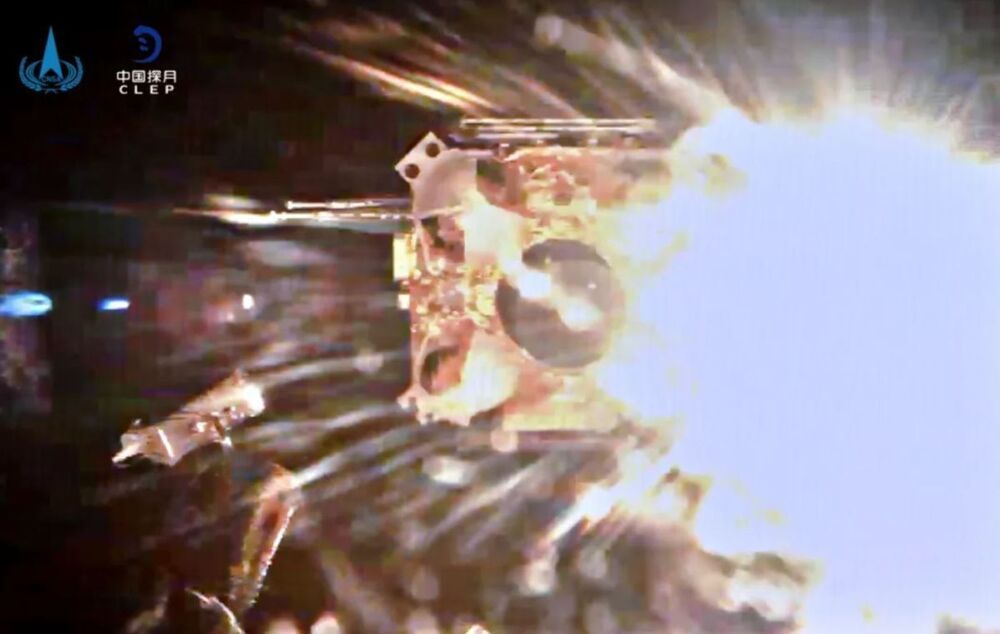

This is the episode for all those with questions about what we know about Mars. Specifically, how Mars went from being potentially habitable to the desert we see today. Guest Bruce Jakosky, the Principal Investigator for NASA’s MAVEN Mars orbiter explains it all.
NASA’s MAVEN orbiter has arguably done more to document how and why Mars lost its atmosphere and much of its water than any spacecraft ever sent to the red planet. The mission’s principal investigator, planetary scientist Bruce Jakosky is this week’s featured guest and we discuss the current paradigm on why Mars went so horribly wrong. Jakosky offers a candid and inside look at how such missions work and what we can expect from Mars science in the next few years.
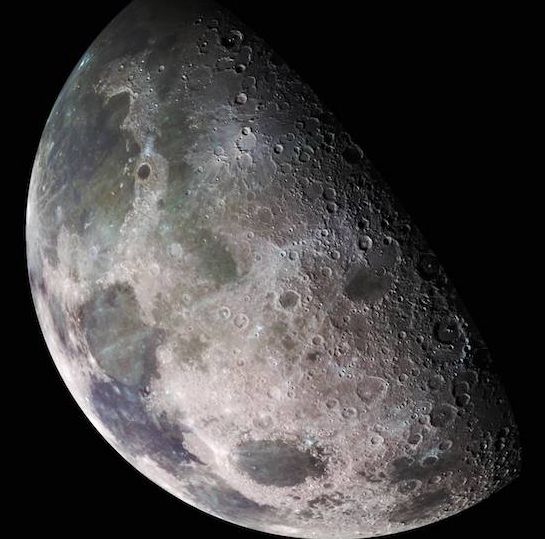
New research indicates that if even a moderate amount of the water delivered by asteroids to the Moon was sequestered, the lunar poles would contain gigaton deposits (1 billion metric tons) of ice in sheltered craters and beneath its surface.
By modeling over 4 billion years of the Moon’s impact history, researchers were able to track the origin and potential quantity of ice that might be obscured from view beneath the lunar surface.
“We looked at the entire time history of ice deposition on the Moon,” said Kevin Cannon, a planetary scientist at the Colorado School of Mines in Golden and lead author of the new study in the AGU journal Geophysical Research Letters.

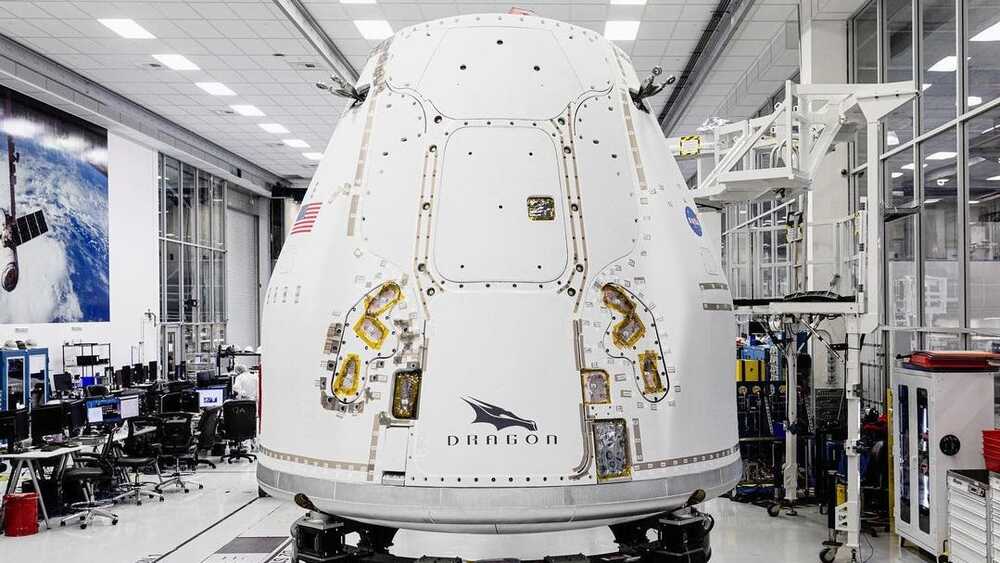
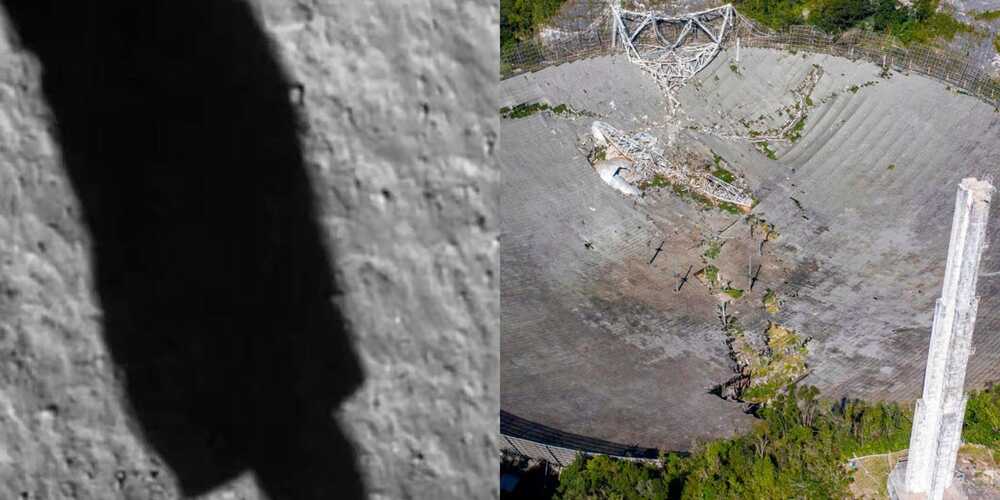
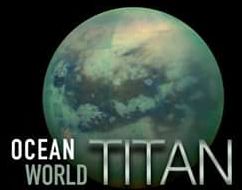
😯 Earth isn’t the only place with rivers, lakes & seas. Saturn’s moon Titan has them, too — not of water, but liquid methane & ethane! This frigid world even hides a liquid water ocean deep beneath its surface.
Here’s what you need to know about Titan: https://go.nasa.gov/2Jost2M
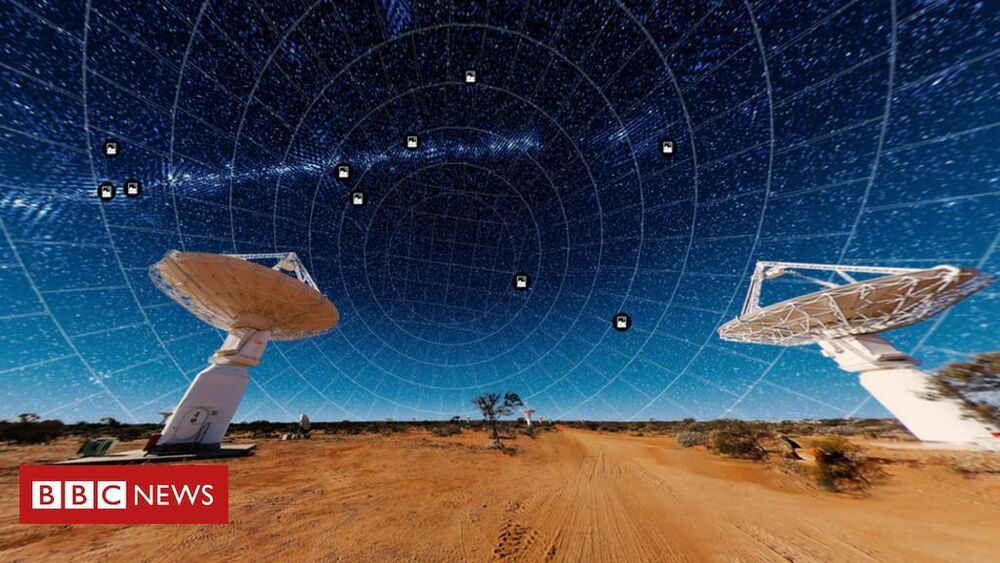
Astronomers may have witnessed the formation of a kind of rapidly spinning, extremely magnetized stellar corpse for the first time.
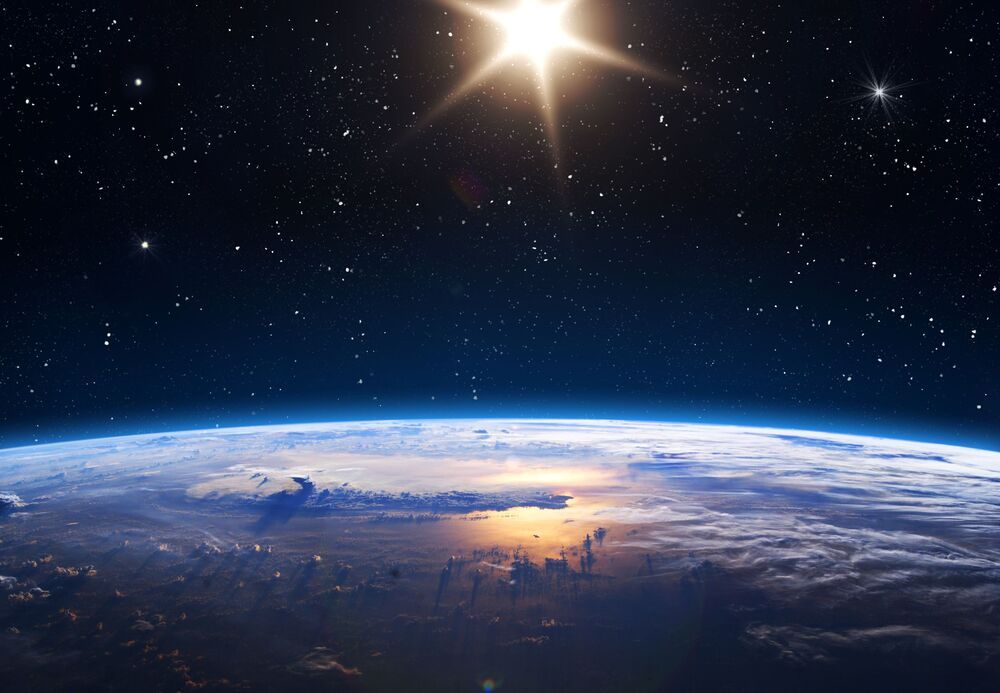
This is an “extremely close,” albeit safe, approach, with the object passing at a distance equivalent to around 13 percent of the average distance between our planet and the moon, astronomer Gianluca Masi from the Virtual Telescope Project told Newsweek.
The object, which is estimated to measure between 15–33 feet across, was discovered by the Pan-STARRS survey based in Maui, Hawaii, on September 17, 2020. This find was confirmed two days later by the Minor Planet Center, which is responsible for the designation of minor bodies in the solar system.
Initial observations suggested that the object was an asteroid. But scientists at CNEOS soon began to suspect that 2020 SO was not a normal asteroid.